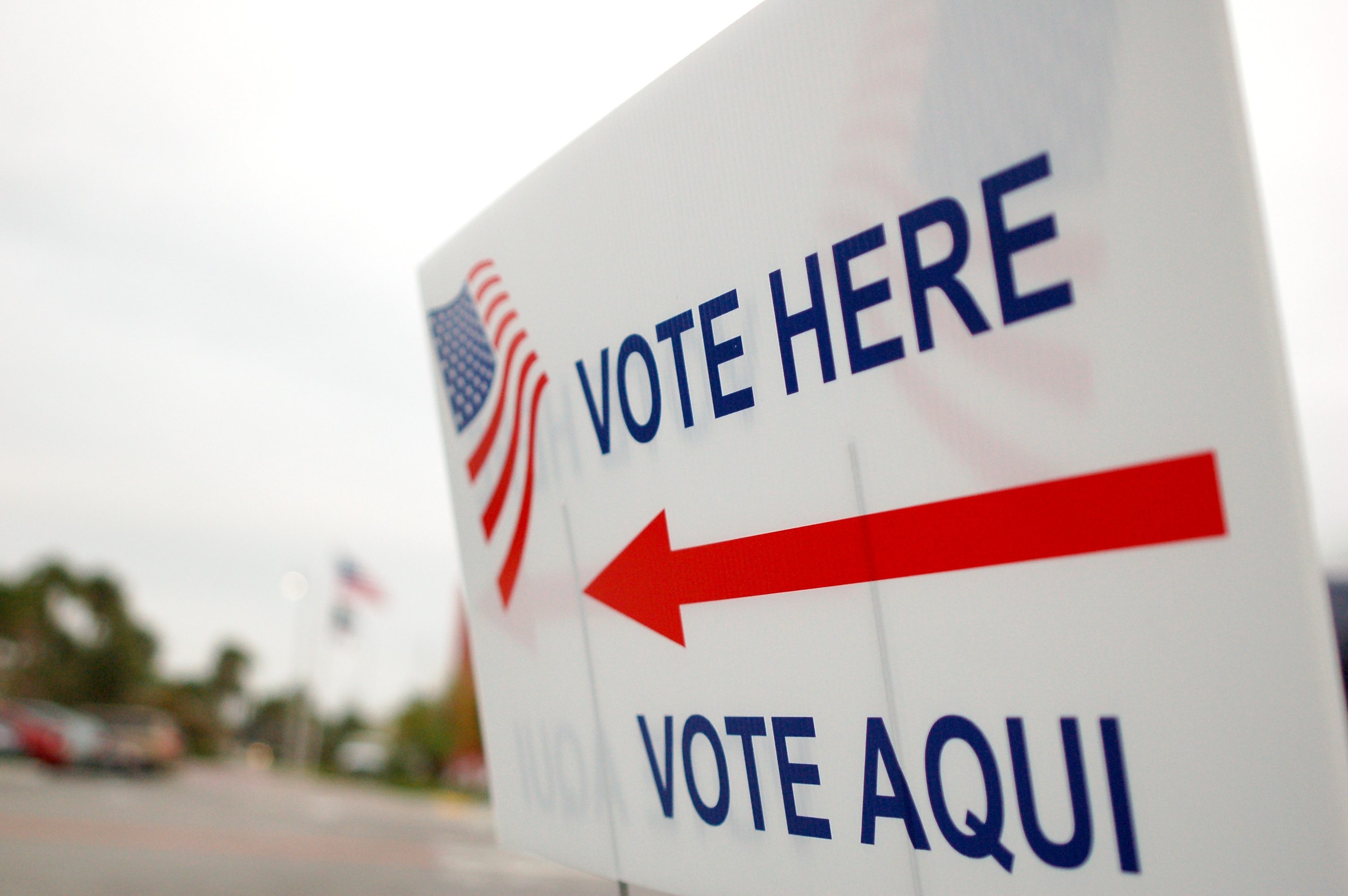Millions of words are going to pour forth now about the ballot initiative in Florida designed to restore voting rights to about 1.5 million residents there who have been barred from the ballot by one of the most racist of the Southern disenfranchisement laws. But the success or failure of the measure, and by extension perhaps the outcome of the 2020 presidential election, will stand or fall on a simple question: how many white voters, in a state with such a troubled racial past, will be willing to give the franchise to rehabilitated ex-offenders, most of whom are black?
Let me put the question in another, more pessimistic way: how many voters, of whatever race, are going to be willing to overcome whatever biases they may possess toward those with a criminal record, and then overcome whatever racial biases they may have, and then overcome whatever ideological or political biases they will bring with them into the ballot box on the evening of November 6th? And in the face of all of this how in the world will the noble organizers of the initiative cobble together a coalition of the forgiving, of the enlightened, of the just, to reach the 60-percent threshold any ballot measure requires for passage by Florida law?
What we do know today, in the wake of a monumental feat of grassroots organization, is that Florida voters will at least have the opportunity to do the right thing—and this in a state that managed, in 2000, to disenfranchise nice old Jewish ladies in Palm Beach. There are no valid arguments in favor of keeping rehabilitated ex-offenders from participating in the electoral process, just as there are no valid arguments in favor of discouraging or suppressing the participation of black citizens, or Hispanic citizens, or any other eligible voter. The best evidence, on the contrary, tells us that the more of those with criminal records that feel engaged in society, engaged in a way that voting encourages, the less likely they are to re-offend. Put another way, states like Florida have established through their age-old disenfranchisement laws self-fulfilling cycles of crime and recidivism. It has to end somewhere. Might as well be here. Might as well be now.
Florida today possesses one of the strictest disenfranchisements laws in the nation.
Florida today possesses one of the strictest disenfranchisements laws in the nation. A felony conviction permanently strips away the right to vote and that right may be restored only by appealing to the state’s executive clemency board. Ex-offenders cannot even make their requests, which take years to process, until five years after they have completed their parole and paid all their fines—fines, of course, which are levied in a racially discriminatory way in jurisdictions across the state. In those five years, after these Floridians have completed their parole but before they can even ask to vote again, they live in a sort of democratic limbo. They have to pay taxes but they cannot vote to choose who will collect them.
In a rational world, encouraging citizens to resume or begin their active roles in the democratic process would be a bipartisan, or at least a nonpartisan, affair. The more voters the better! In a rational world, politicians would encourage and permit those who merit a “second chance” to vote and then compete for those votes through policy choices. In a fairer world, a smarter world, we would embrace any ex-offenders who have completed their sentences and who want to exercise their constitutional rights. We wouldn’t just take their return to the democratic process for granted, we would herald it as a sort of victory of our justice system.
But we don’t live in that world. We never have. In American politics today the party in power in Washington and in most of our statehouses has made its explicit policy not to compete for more votes but to deprive those most likely to vote against it from casting a ballot. And the reasons for doing so, the reasons for voter identification laws and proof of residency requirements and the shortening of voting hours and the like, are in the end as specious as the reasons for precluding rehabilitated ex-offenders from voting. What has happened in Florida over the generations isn’t some hoary old story of lingering blatant post-Reconstruction racism. The current governor, the Republican Rick Scott, has made it more difficult for his own citizens to come back into the fold. Florida’s shame isn’t just in its past. It is in its present, too.
All of this history, all of these biases, all of the institutional levers now in favor of Republicans and vote suppressors, will have to be overcome in Florida if its citizens are to pull 1.5 million of their own from the sidelines. It will be an ugly fight, sooner rather than later, as the potent forces opposed to this measure turn it into a referendum on crime and punishment and race. So again, I’d ask: in the age of Trump, and of the blossoming of a new wave of white supremacy, will enough white voters in Florida summon up the empathy to fight for the rights of their fellow citizens to cast a ballot in 2020 and beyond? And, if not, what will that say about how far we have come from the racial discrimination and bigotry that for so long has infected Americans and their elections?
Andrew Cohen is a senior editor at the Marshall Project, a fellow at the Brennan Center for Justice, and a senior legal analyst with CBS Radio News. He is the Legal Affairs Correspondent for The Washington Spectator.







0 Comments